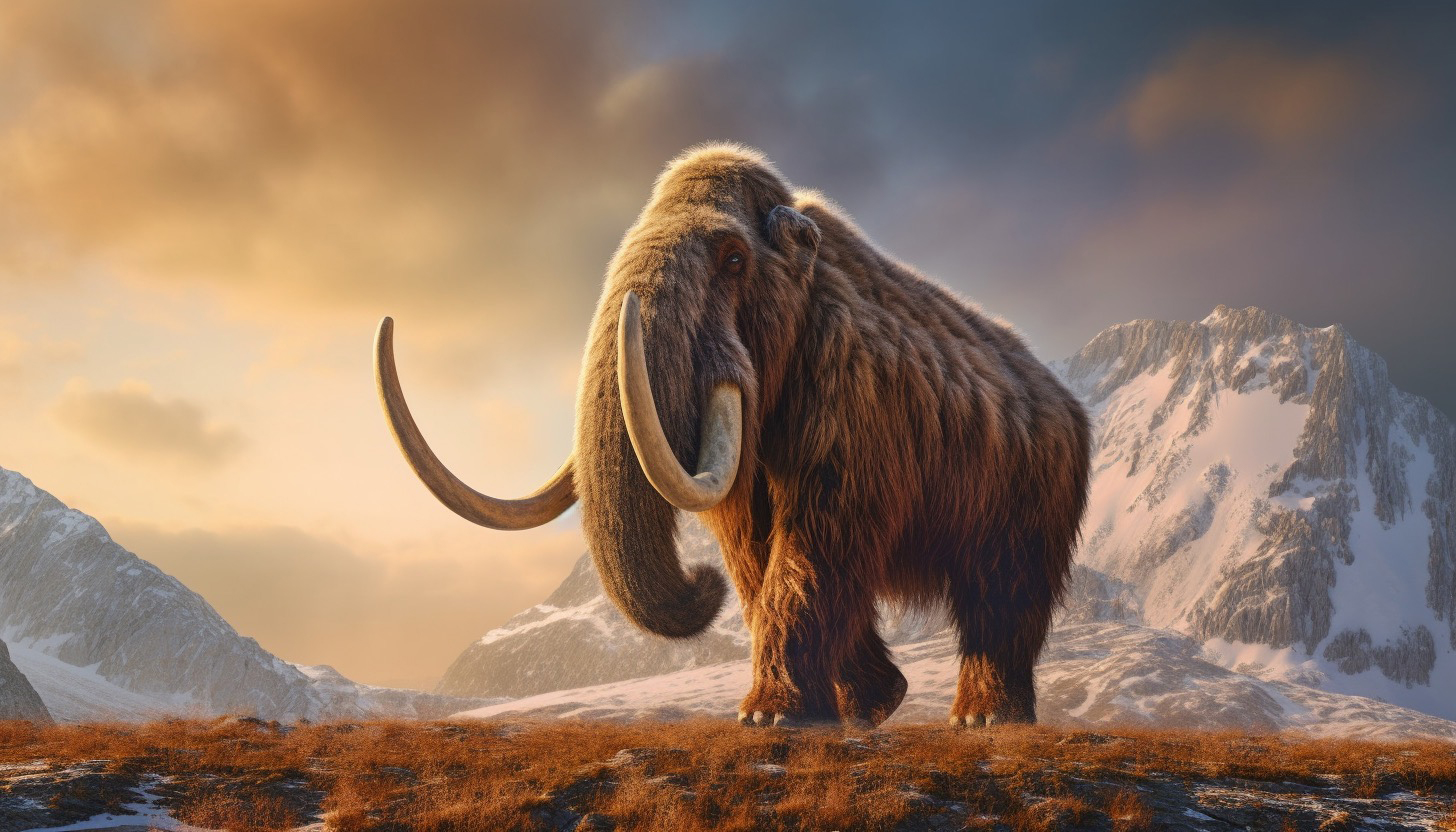It’s been 4,000 years since the woolly mammoth went extinct, but Dallas-based Colossal Biosciences wants to change that. In 2022, it announced it had sequenced the genome of the Asian elephant, which shares 99.6% of its genes with the woolly mammoth. Combining that with DNA samples from mammoth remains could mean a rebirth of the species. The company hopes to work its “de-extinction” magic on other species, including the dodo and the Tasmanian tiger, and threatened species could be saved from extinction by editing more diversity into their genomes, making them more robust.
A weekly newsletter featuring conversations with the world’s top CEOs, managers, and founders. Join the Leadership Brief.
More Must-Reads from TIME
- Cybersecurity Experts Are Sounding the Alarm on DOGE
- Meet the 2025 Women of the Year
- The Harsh Truth About Disability Inclusion
- Why Do More Young Adults Have Cancer?
- Colman Domingo Leads With Radical Love
- How to Get Better at Doing Things Alone
- Michelle Zauner Stares Down the Darkness





